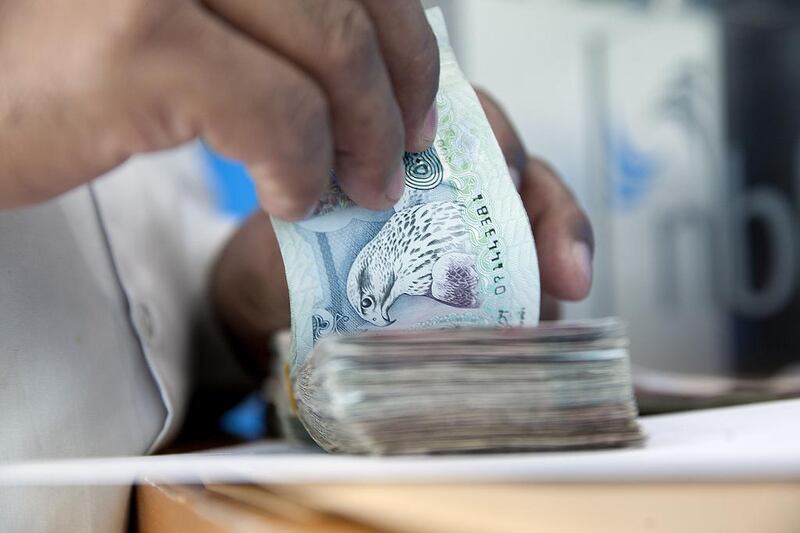Given the number of local employment opportunities, the UAE attracts people from all walks of life and a dizzying number of countries. When new residents arrive, one of the things they encounter is a bewildering variety of loans and credit card offers, along with an ease of loan approval that doesn’t exist in many other places. High levels of personal indebtedness and a growing concern that debts will be left unpaid are just some of the consequences of this practice.
As The National reported this week, personal debt affects every sector of society. While there is no single culprit for this problem, both banks and customers need to demonstrate more care. Banks have been too quick to provide unsecured lines of credit; sometimes with repayment terms that leave clients with little to live on – no wonder they default. Of course, poorer customers often don’t qualify for more-secure collateralised loans, which protect both lender and customer. So not surprisingly, many gratefully sign up to unsecured debt – like credit card borrowings – and fall down the rabbit hole of spiralling obligations.
This is partly due to a lack of awareness about how debt and credit operate here. Many residents, attracted by the prospect of apparently easy money, have signed up with an unseemly recklessness. Constructive awareness campaigns for new residents to familiarise them with the UAE’s banking system and the consequences of debt default would help cut down on poorly thought out borrowing.
There are other ways to curb this crisis and help people get out of the debt trap. It won’t be easy or quick. But there are, nevertheless, small steps that can be taken. Reforming employment laws to allow people to take on legitimate second jobs would help debtors help themselves. Honest work should be understood as a virtue and subtle changes to allow for second jobs would help those in debt get back on track. And then there are collateralised loans, which however small are the most secure forms of credit. So we wonder if pawnshops should not be allowed to operate, albeit ones that conform to Islamic conventions. If a borrower can’t repay a loan, he loses the object pawned – but, crucially, he doesn’t forfeit his livelihood forever.
The personal debt crisis will require more-responsible lending informed by credit reporting and by better secured loans. Put simply, banks will have to start saying “no” more often. At the same time, letting people in debt take a second job or establish a small line of credit at pawnshops will help them get back on track under their own steam.





